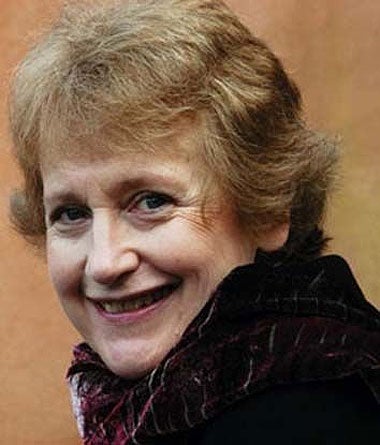Poet calls for abolition of laureate post

Your support helps us to tell the story
From reproductive rights to climate change to Big Tech, The Independent is on the ground when the story is developing. Whether it's investigating the financials of Elon Musk's pro-Trump PAC or producing our latest documentary, 'The A Word', which shines a light on the American women fighting for reproductive rights, we know how important it is to parse out the facts from the messaging.
At such a critical moment in US history, we need reporters on the ground. Your donation allows us to keep sending journalists to speak to both sides of the story.
The Independent is trusted by Americans across the entire political spectrum. And unlike many other quality news outlets, we choose not to lock Americans out of our reporting and analysis with paywalls. We believe quality journalism should be available to everyone, paid for by those who can afford it.
Your support makes all the difference.One of the nation's best-loved poets and a favourite to take over as poet laureate has called for the position to be abolished.
Wendy Cope said there were too many expectations attached to the role and good poetry could not be written to order.
Writing in the Royal Society of Literature Review, Ms Cope said: "Although there is no requirement on the part of the Palace or Whitehall that the Laureate write anything at all, the press and the public expect it and the only way to get rid of that expectation is to abolish the post."
She objected that the position of poet laureate blurred the distinction between artistic and worldly achievement, and said many laureates had written "embarrassingly bad" poems.
The current laureate, Andrew Motion, will step down in March after nearly 10 years in the post.
He has written poems to mark state occasions - the main function of the role - including a "kind of rap" in honour of Prince William's 21st birthday.
John Dryden was the first official poet laureate, appointed by Charles II in 1688.
While a few great names such as Wordsworth and Tennyson have held the title, many question whether a state-appointed poet can write with genuine freedom and creativity.
Ms Cope, whose wit and keen eye for life's little ironies and injustices has won her a keen following, said she thought poets could write about public events without holding an official title.
"I believe that the best way for a poet to serve the art is to get on with writing the poems that he or she wants to write," she said.
Join our commenting forum
Join thought-provoking conversations, follow other Independent readers and see their replies
Comments